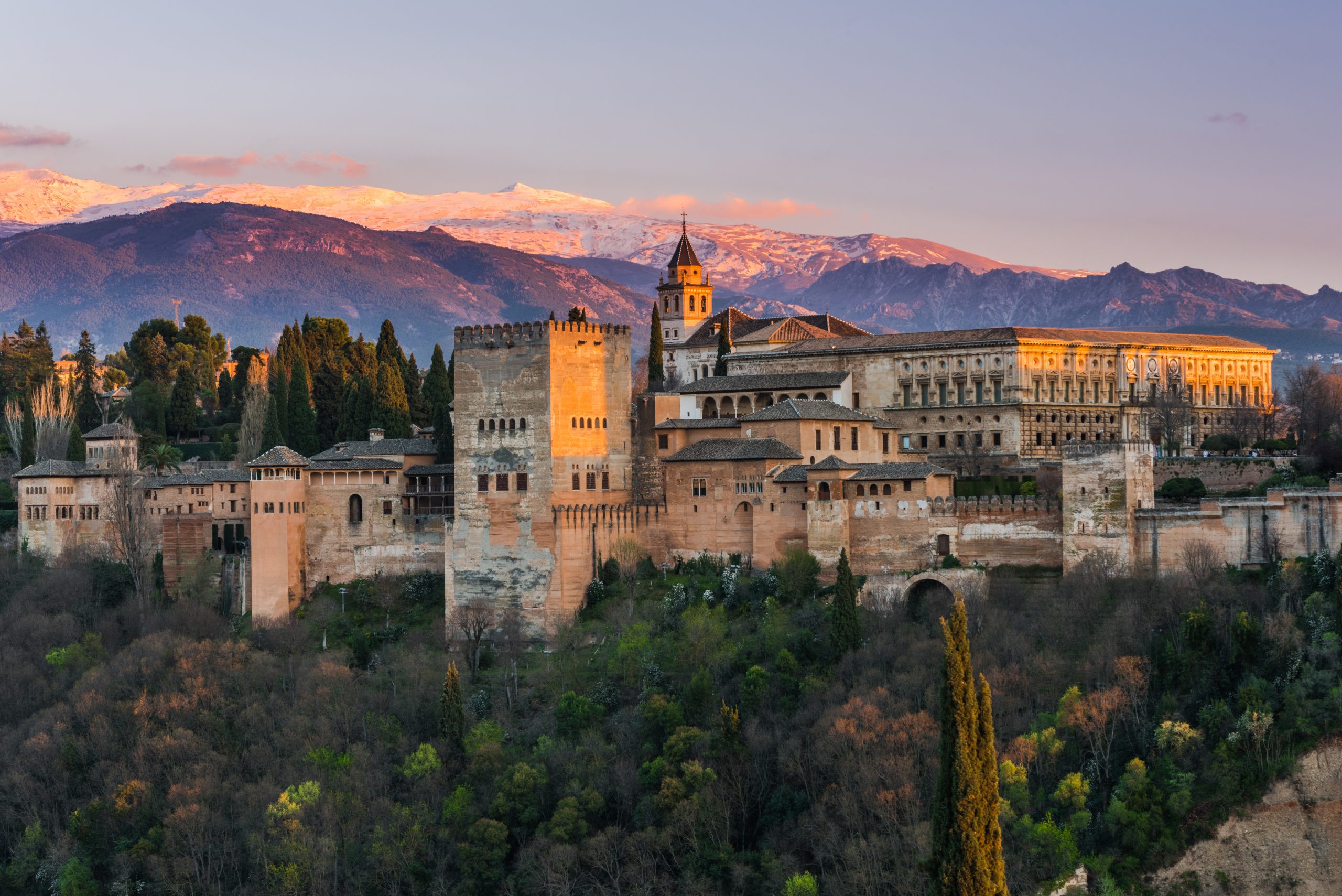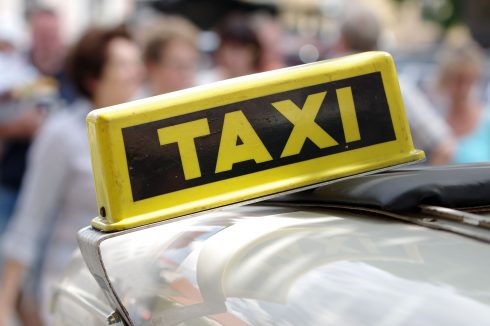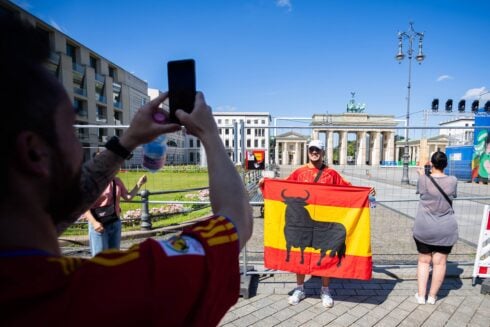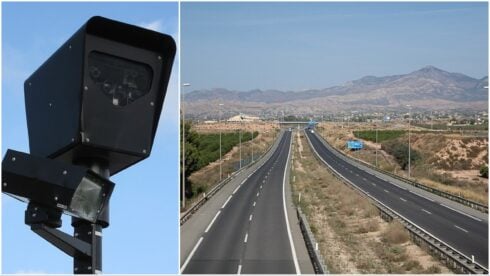THE dominoes of independence could be falling in Spain.
Leon signalling its intentions to break away from Castilla and form its own autonomous community has inspired Granada to follow suit.
Also formerly a kingdom, a little-known movement has existed for years calling for the province to break away from its parent region of Andalucia.
While the plan would call for the separation of Granada, the pan-Granadists would also bite off chunks of territory from Malaga and Almeria were they could.

Incorporating all of the historical lands of the Kingdom of Granada into their new community might be a bit ambitious, yet events in Leon have illustrated what might still be possible.
“The difference between Leon and us is that over there the politicians have kept pushing,” said author and independence activist Cesar Giron.
Earlier this month the Leon Provincial Council, with a little help from the left-wing PSOE, approved a motion to create a new and separate community with the provinces of Zamora and Salamanca.
However, whenever these independence movements arise, the first question people ask themselves is: What would we gain by abandoning the ship?
To which Giron retorts: “How is Murcia, which is smaller, doing? And Logroño, Asturias or Cantabria?
“We have a historical mandate and it is clear that things have gone badly for us in Andalucia. Sevilla has taken everything.”
Giron saves a lot of his wrath for the community of Andalucia itself, which is headquartered in Sevilla, a full 200km away from Granada.
One strategy for achieving independence for Granada would be to challenge the founding of the community itself.

A legal feat that would be ‘difficult but not impossible.’
“There is a question mark over Andalucia’s founding legitimacy, but we would have to find others who would participate to lead it, and that is difficult,” Giron said.
For the revolt to be successful, it would have to start by presenting motions in the town halls at a municipal level.
With support gained there, the next step would be to breach the gates of the Provincial Council in Granda city.
If the capital and the metropolitan area along with some large cities voted yes, they would meet the two-thirds of the population threshold.
From there, they take the petition to Congress.

But Giron’s grand designs may come up against the grand obstacle of popular will.
The political party most associated with the Kingdom of Granada movement, Juntos por Granada (Together for Granada), scored a miserly 1,299 votes in regional elections in 2022 – or 0.31%.
But many great disruptive movements seemingly came out of nowhere and a savvy persuasion campaign can have a great effect in little time.
And the fate of Castilla y Leon may be the trigger.
Now that the PSOE in Leon has thrown their weight in favour of the motion, the question being asked in Granada is: can it do the same there?
“The discourse should be the same – in fact here we have stronger historical foundations,” said Giron, who was once a member of PSOE and already knows the influential characters.
“We are going to call a meeting in July and a general assembly to explain this to society and talk about it because we are sure that things will go better for us.”
Click here to read more Granada News from The Olive Press.








